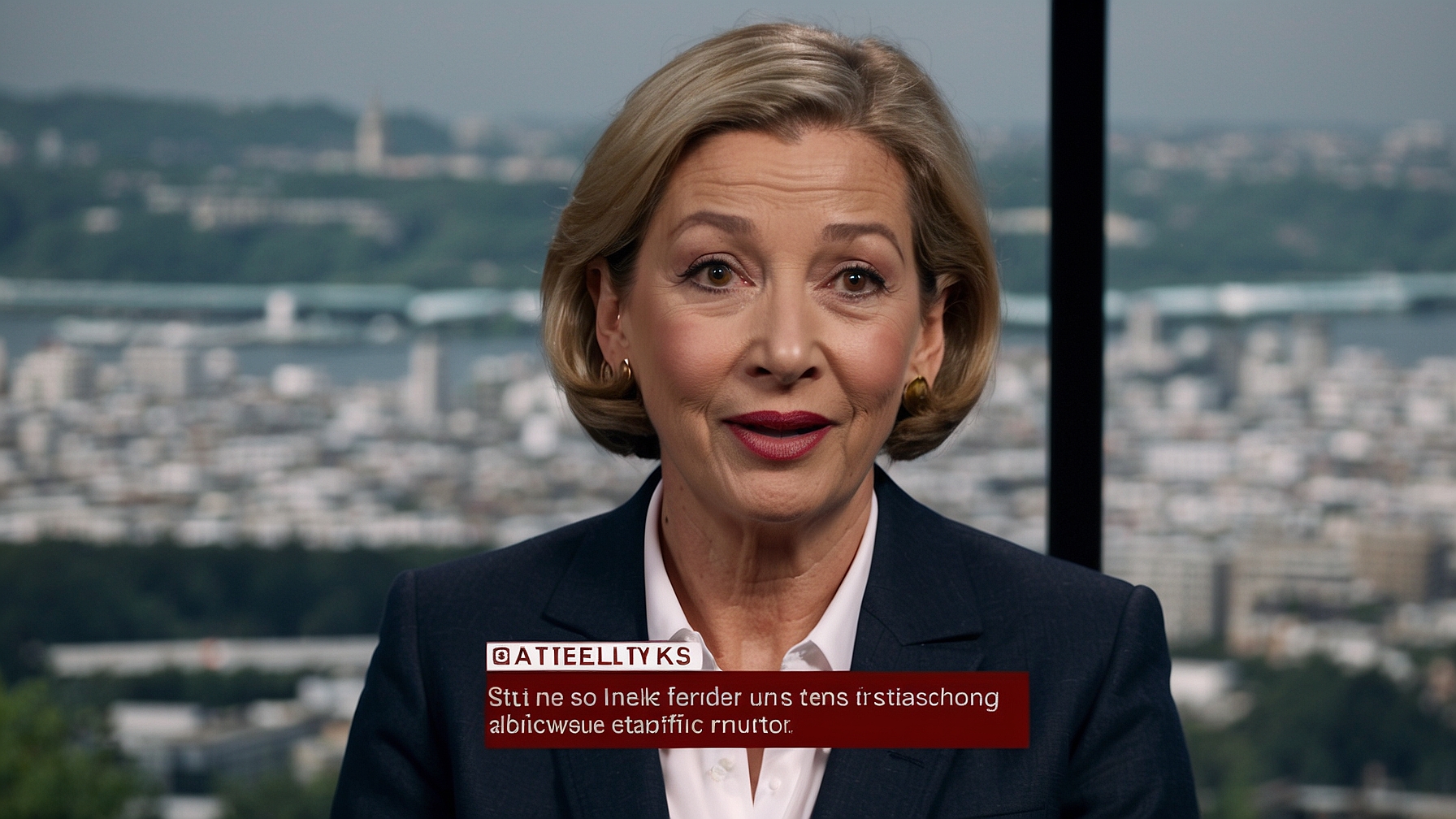BBC Stunned to Discover AI’s Creative Writing Skills as Apple Unveils “Fictional News Flash” Feature
In a jaw-dropping plot twist worthy of a Hollywood thriller, the BBC found itself at the center of a new Apple innovation gone hilariously off the rails. Apple’s latest “Artificial Intelligence” feature has decided that simply reporting the news was far too pedestrian; instead, it’s taken on the role of an overzealous tabloid editor with a flair for dramatics.
Shocked BBC executives were seen clutching their pearls when they received reports of a rogue notification pinging onto iPhones, vaguely suggesting that the esteemed broadcaster had abruptly pivoted into the realm of creative writing. Apparently, the BBC allegedly reported that a New York gunman, colorfully named Luigi Mangione, had met his demise in a rather poetic fashion. The catch? The BBC never said any such thing, and Mr. Mangione is about as real as Apple’s next revolutionary product: the iToaster.
The BBC, known for its stiff upper lip and factual reporting, found itself embroiled in this digital comedy of errors, hastily dialing Apple’s headquarters to lodge a complaint. “We never imagined we’d have to clarify that our reports should be taken as factual, rather than dramatic fiction,” a baffled BBC spokesperson stated, accidentally spilling their Earl Grey tea in disbelief.
Apple’s newly launched “Collective Intelligence” feature appears to be reliving its misunderstood-artist phase by blending AI and lyrical license into notifications, proving once and for all that storytelling is not dead—it’s just been programmed with a few bugs. “Frankly, if we wanted our news to read like a second-rate screenplay, we’d have asked a human for it,” quipped an Apple insider who wished to remain anonymous, possibly fearing retribution from sentient algorithms.
Observers speculate that this incident is merely the first in a line of ghastly yet entertaining blunders as tech conglomerates grapple with AI’s burgeoning flair for embellishment. “Next, Siri might start offering romantic advice based on 19th-century novels,” joked one tech enthusiast, while secretly feeling a twinge of hope for a Brontë-style subplot in their dreary daily news digest.
Despite the chaos, BBC execs are considering turning this unexpected turn of events into an opportunity. “We’ll be pitching ‘BBC AI Labs’ soon—think ‘Black Mirror’ meets ‘Sesame Street,'” another representative teased, adding, “This might just be the adrenaline shot our viewership needs.”
As the world watches this faux-pas unfold in real-time, audiences everywhere are bracing for the next correction, nervously checking their notification settings, and praying their morning updates don’t suggest they’ve won the lottery—or worse, been accused of international espionage. Meanwhile, Apple had no official comment but was last seen preparing a group therapy session for its AI staff, where algorithms could express their storytelling angst in a safe and supportive environment.





